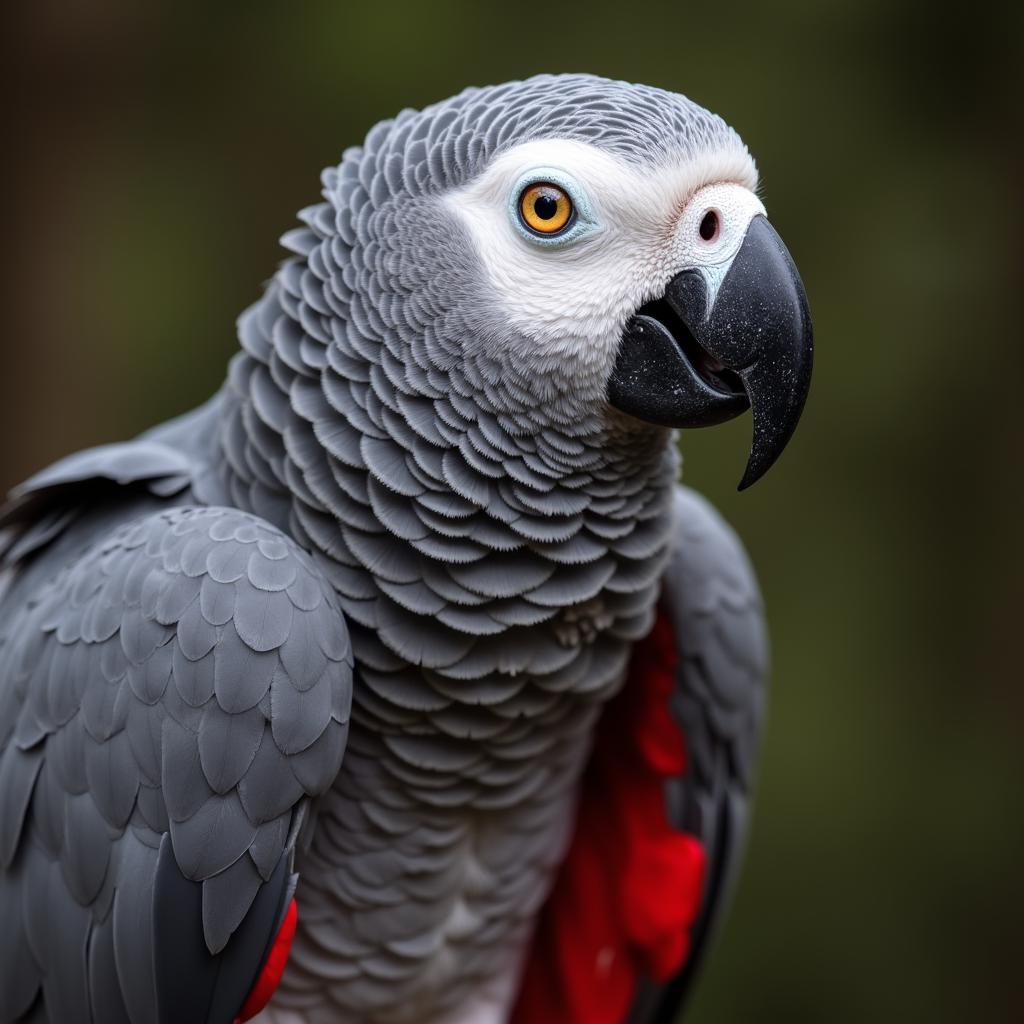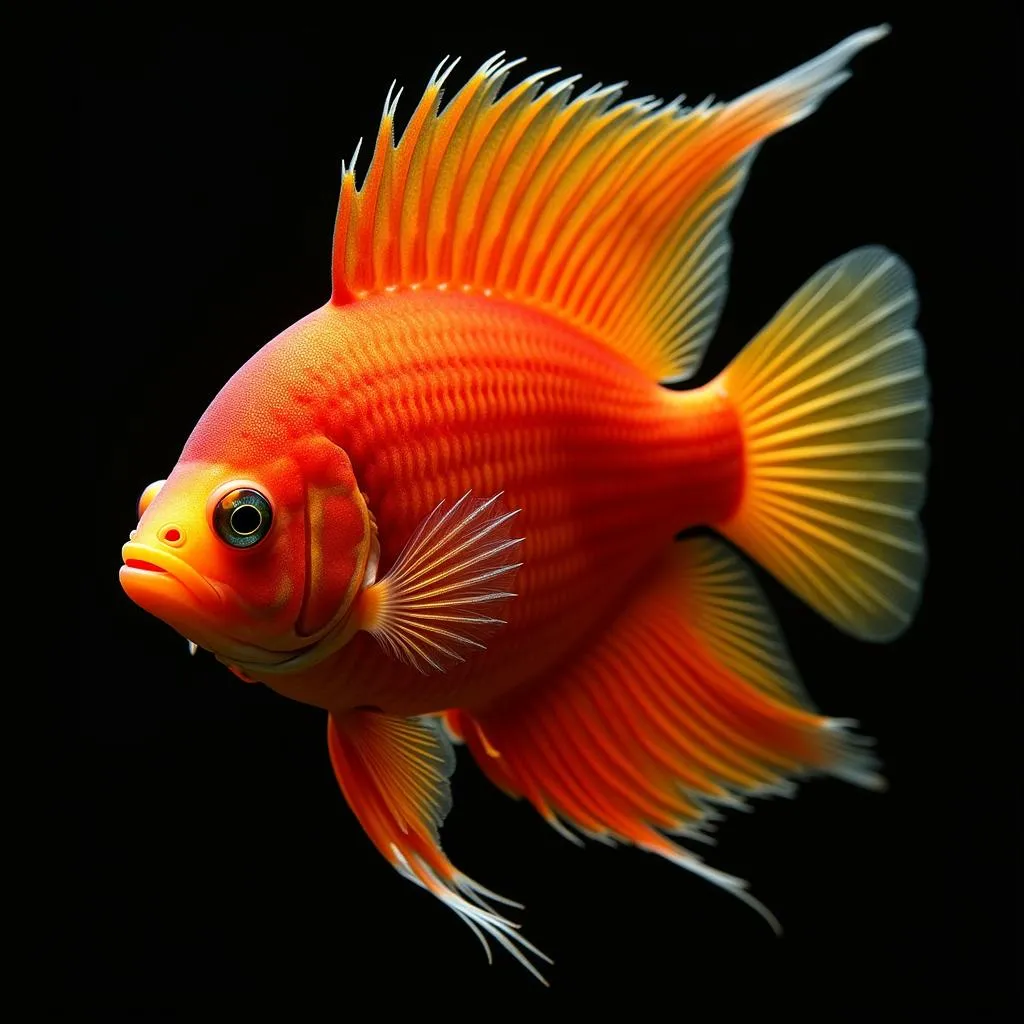African Blackwood vs. Gabon Ebony: A Comparative Guide
African blackwood and Gabon ebony are two of the most sought-after tonewoods in the world, prized for their beauty, density, and resonance. This article delves into the key differences and similarities between these two exceptional woods, helping you understand their unique characteristics and ideal applications.
Understanding African Blackwood
African blackwood (Dalbergia melanoxylon), also known as mpingo, is a dense and slow-growing hardwood native to central and southern Africa. It’s renowned for its dark, almost black heartwood, fine texture, and excellent workability. Due to its exceptional resonance and stability, African blackwood is highly valued for making woodwind instruments, particularly clarinets, oboes, and bagpipes. It’s also used in high-end furniture, knife handles, and other small, intricate objects. Its scarcity and slow growth contribute to its high price, making it one of the most expensive woods in the world. The wood’s ability to produce a clear, resonant tone is unparalleled, making it a favorite amongst musicians.
Exploring Gabon Ebony
Gabon ebony (Diospyros crassiflora) is another dense hardwood primarily found in Gabon and other parts of West Africa. It’s known for its jet-black heartwood, which is often completely devoid of visible grain. This uniformity and deep black color make it a favorite for piano keys, decorative inlays, and other applications where visual appeal is paramount. While Gabon ebony can be used for musical instruments, it’s less common than African blackwood in this application. It’s typically heavier and less resonant than African blackwood, lending itself to uses where stability and visual appeal are more important than tonal qualities.
African Blackwood vs Gabon Ebony: Key Differences
The primary differences between African blackwood and Gabon ebony lie in their density, resonance, workability, and applications. African blackwood is slightly less dense and boasts superior resonance, making it ideal for musical instruments. Gabon ebony, with its dense and uniform structure, is favored for visual applications. While both woods are challenging to work with due to their hardness, experienced craftspeople can create beautiful and durable objects from both.
Which Wood is Right for You?
Choosing between African blackwood and Gabon ebony depends on the specific application. For musical instruments, particularly woodwinds, African blackwood is generally preferred. Its resonance and tonal qualities are unmatched. For projects requiring a deep black color and uniform texture, Gabon ebony is the better choice.
What is African Blackwood best used for?
African blackwood is best used for high-end woodwind instruments like clarinets, oboes, and bagpipes.
What is Gabon ebony best used for?
Gabon ebony is best used for piano keys, decorative inlays, and other visually appealing applications.
How can I tell the difference between African Blackwood and Gabon Ebony?
While both are dark, African blackwood often has a slightly brownish hue, while Gabon ebony is jet black. African blackwood also tends to have more visible grain.
“The rich, resonant tone of African blackwood is simply magical. It’s no wonder it’s the wood of choice for the finest clarinets.” – Dr. Emeka Okafor, Ethnomusicologist
“Gabon ebony’s deep, uniform black color is captivating. It adds an unmatched touch of elegance to any project.” – Aisha Ibrahim, Furniture Designer
“When working with these precious woods, patience and precision are key. Their density requires specialized tools and a deep understanding of the material.” – Joseph Mwakalinga, Master Woodcarver
In conclusion, both African blackwood and Gabon ebony are exceptional woods with unique characteristics. Understanding their differences will help you choose the right material for your specific needs, whether it’s a musical masterpiece or a stunning piece of furniture. Choosing between African Blackwood Vs Gabon Ebony requires careful consideration of the intended purpose and desired aesthetic.
FAQ
- Which is more expensive: African blackwood or Gabon ebony? Generally, African blackwood is more expensive due to its scarcity and high demand.
- Are both woods sustainable? Both are considered threatened species and sourcing should be done carefully, ensuring sustainable practices.
- Can these woods be used for outdoor furniture? While durable, they are not recommended for outdoor use without proper treatment and protection.
- What is the best finish for these woods? A high-gloss finish can enhance their natural beauty and provide protection.
- Are there alternatives to these woods for musical instruments? Grenadilla is a more readily available alternative to African blackwood.
- Is Gabon ebony suitable for carving? Yes, but its hardness requires specialized tools and expertise.
- How can I identify genuine African blackwood? Look for a fine, even texture and a dark, almost black color.
For more information on African woods and their diverse uses, explore our articles on Rosewood and African Mahogany. Contact us for support at Phone Number: +255768904061, Email: kaka.mag@gmail.com or visit us at Mbarali DC Mawindi, Kangaga, Tanzania. We have a 24/7 customer service team.



